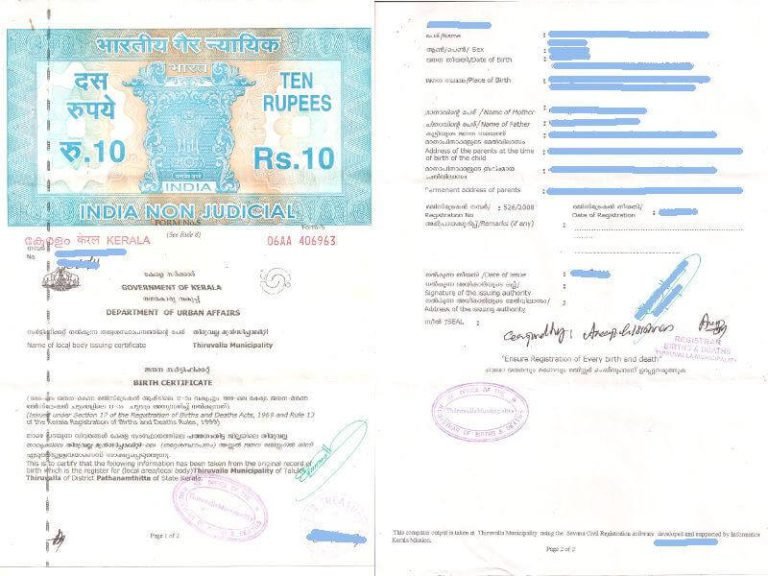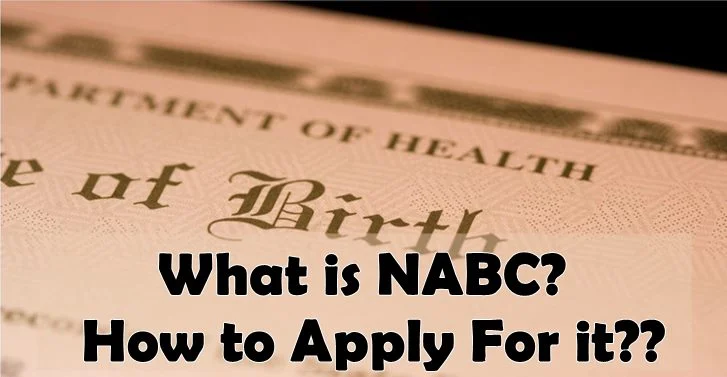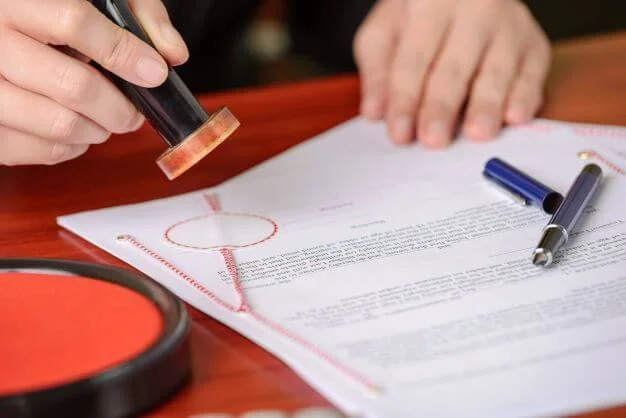MORTGAGE DEED
A mortgage deed is a legal document used to establish a mortgage on a piece of property. It is a sort of security document used to secure a loan by pledging property as collateral. The mortgage deed details the loan's terms and conditions, such as the loan amount, interest rate, payback periods, and default implications.
Easy Process and Documentation
Required Paperwork
- Property documents such as title deed, sale deed, or lease agreement
- Identity proof of the borrower and the lender ( Aadhaar card, PAN card)
- Address proof of the borrower and the lender ( rental agreement)
- Income proof of the borrower, such as salary slips, income tax returns, or bank statements
- Valuation report of the property from a registered valuer
Process, Service Charges, Time duration
- When you send us your paperwork, our experienced staff will review your paperwork with local government officials to determine the service’s cost, feasibility, and completion date. After a quote has been given, it remains fixed. Location affects project duration and cost. Send us your documents and specific requirements to get a price and turnaround estimate.
- On an average Procurement takes four to six weeks.
2000+ locations Served
Happy Clients 50000+
Averge Google Rating 4.9
India's Most Trusted Legal Documentation Portal
Nowadays, if you’re fortunate enough to own a personal or family property, you may use practically all credit financing options by mortgaging your home. The worth of your property has a significant impact on the value of your loan. Even so, you at least have a better chance of obtaining finance than those who don’t own real estate that may be mortgaged. So what exactly is a mortgage, or a mortgage deed, exactly?
A mortgage is essentially a submission of security or collateral to any lender or financial organisation that enables them to recover the debt in the event of loan repayment default. Due to the high value of land, mortgage-based loans are frequently given out in enormous amounts with lengthy repayment schedules that might last for decades. Let’s study more about a mortgage deed and why you should learn about it now that you are aware of what a mortgage is.
What is the meaning of a mortgage deed?
A mortgage deed is a legal instrument or document that transfers the legal rights of the property to the lender. These rights may only be exercised in the event that the borrower is unable to repay the loan that was taken out. In the event that the borrower is unable to fulfil their obligation to repay the loan, the lender has the legal right to sell the property that is secured by the mortgage in order to recuperate any money that was lost due to the defaulted loan. A mortgage deed is composed of many components, just like any other legal document.
Different components of a mortgage deed
The mortgage deed will begin with a definition of who owns what and where the property is located. This implies that the terms “mortgagor” and “mortgagee” are defined as the individuals who are taking out the mortgage and the individuals who are handing out the mortgage, respectively. Because the relevant parties are referred to as the mortgagor and the mortgagee from that point onwards throughout the whole essay, it is clear that this is an essential consideration. The deed provides a lucid description of the aspects of the property that are essential to know, such as its worth, dimensions, and location.
In addition to this, the deed contains a number of other essential components, such as the habendum, which outlines the constraints placed on the mortgagee’s ability to exercise their rights over the mortgaged property as well as the rights themselves in relation to the mortgaged property. Aside from that, the deed also includes highly specific language regarding the conditions of the repayment, as well as the duration of the agreement. The mortgage deed will also go through the pre-closing terms and conditions for the mortgage loan.
In the mortgage deed, you will also find the provisions that outline what will happen if you are unable to repay the loan, either because you have run out of money or because you have been declared bankrupt. Your familiarity with these components is explicitly mandated by the mortgage deed since they are designed to assist you in keeping in mind the responsibilities associated with your loan repayments.
Now that you are familiar with these components of the mortgage deed, let’s talk about why the mortgage deed is so essential and why you should take the time to learn more about the topics discussed here.
Why should you study about mortgage deeds?
When you apply for a secured loan, such as a mortgage loan, the lender is assured to get their money back, either through repayment or by acquiring the property. If you are unaware of the conditions of your mortgage, you may wind up paying more than you need to, or you may misinterpret the terms and lose your house.
When you enter into a legal transaction with another person or entity, you must exercise your own due diligence. You must be aware of and comprehend the legal obligations, their scope, and the contractual rights and conditions. Failure to perform your half of the bargain might result in the loss of your property, which could be a serious issue for you.
So, in order to get the most out of your mortgage loan, it is critical that you comprehend, learn, and completely read your mortgage deed before signing the dotted lines. “You’re never smarter for not knowing something,” as the phrase goes, and this is especially true when it comes to your money and possessions.
FAQS
Whenever you submit an application to any lender for a mortgage-based loan, you are required to complete a mortgage deed.
The mortgage deed outlines all of the terms and conditions associated with the mortgage, including the specifics of the repayment plan and the consequences for defaulting on the payments.













